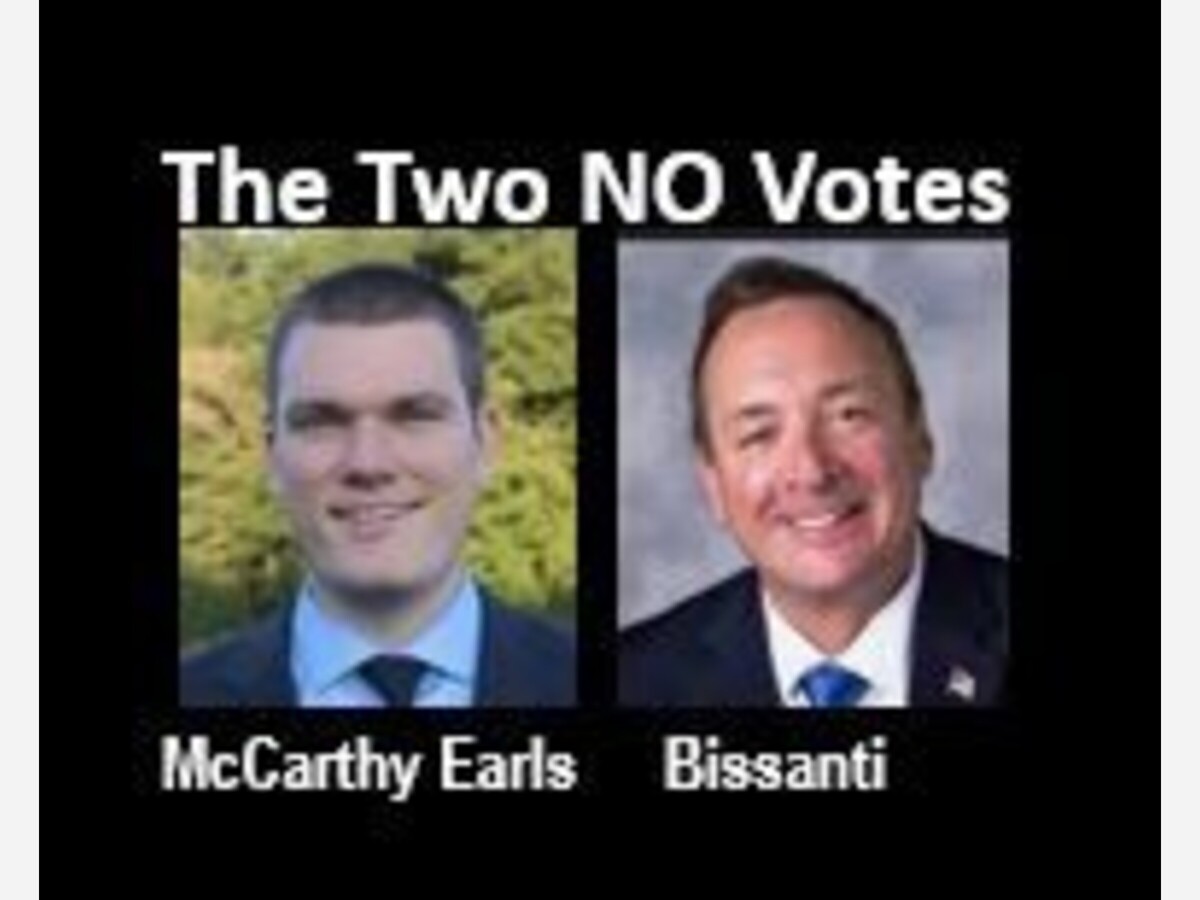Image


Franklin’s Civil Discourse pledge was passed by the Town Council in March of 2020 at a time when such measures were the height of fashion. And the Town of Southborough also implemented such a measure and used it as grounds for ejecting a citizen from a public meeting; an action that resulted in a lawsuit by that citizen.
Yesterday, in an opinion that reinforces political speech rights at public meetings throughout the Commonwealth, the Supreme Judicial Court of Massachusetts has declared that Southborough’s civility code governing participation at public meetings violates Article 19 of the Massachusetts Constitution. And, while it didn’t rule on Franklin’s pledge, the language of the decision is emphatic broad and seems likely to make the town’s legislation, at a minimum, all but unenforceable.
Article 19 of the venerable Massachusetts Constitution, protects core political speech rights—the right to assemble “in an orderly and peaceable manner. . . to consult upon the common good; give instructions to [the people’s] representatives,” and to request of the government “by way of addresses, petitions, or remonstrances, redress of the wrongs done them, and of the grievances they suffer.”
Exercising her Article 19 rights is just what appellant Louise Barron was attempting to do during the public comment portion of a Southborough town meeting when she was abruptly silenced and threatened with expulsion by town officials who claimed that her criticism of their repeated violations of the Open Meeting Law violated Southborough’s civility code.
“We are delighted that the court has made it absolutely clear that our democratic form of government was founded upon, and still depends upon, our right to freely and peaceably criticize our leaders, and to seek redress of our grievances, without fear of retribution or governmental restraints,” said PioneerLegal staff attorney Selena Fitanides.
The town’s code requires that “[a]ll remarks and dialogue in public meetings must be respectful and courteous, free of rude, personal or slanderous remarks,” and it warns that [i]nappropriate language . . . will not be tolerated.”
PioneerLegal, a conservative-leaning non profit, filed a non-party amicus brief in the case last fall urging the court to rule that civility codes like Southborough’s constitute viewpoint discrimination and, therefore, violate the sacrosanct right to free political expression enshrined in the Massachusetts Constitution.
In a 29-page scholarly opinion, Justice Kafker agreed, writing that “[a]lthough civility can and should be encouraged in political discourse, it cannot be required.” According to our Constitution, “political speech must remain ‘uninhibited, robust, and wide-open.”
Like Pioneer, the American Civil Liberties Union of Massachusetts, often seen as liberal or left-leaning, lauded the decision as a victory for free speech rights and core democratic principles, writing that the Massachusetts Supreme Judicial Court has ruled that government officials cannot silence members of the public based on the substance of their input during “public comment” periods of government meetings. Specifically, the state’s highest court ruled that “civility” codes that limit criticism of public officials are contrary to multiple provisions of our state constitution, which provide “robust protection of public criticism of government officials.”
The case, Barron v. Kolenda, concerned a Southborough policy that allowed public officials to censor criticism from members of the public. The policy mandated that “[a]ll remarks and dialogue in public meetings must be respectful and courteous, free of rude, personal, or slanderous remarks. Inappropriate language and/or shouting will not be allowed.” It was used to silence a resident merely for pointing out the Board had repeatedly violated the Open Meeting Law and for hyperbolically referring to the board chair as “Hitler” after he silenced her.
“This is a major victory for free speech and participatory democracy,” said Carol Rose, Executive Director of the ACLU of Massachusetts. “Our state constitution protects our right to make our voices heard, including by expressing criticism to and about public officials. Indeed, that freedom goes to the heart of what separates us from repressive regimes. This ruling is a crucial—and resounding—recognition of these values and legal principles at a time when free speech rights are threatened nationwide.”
In reaching its unanimous decision, the Court emphasized the key role public meetings play in a representative democracy and drew extensively from Massachusetts history. It emphasized that the state constitutional right to assemble and instruct one’s representatives “arose out of fierce opposition to government, even if it was rude, personal, and disrespectful to public figures, as the colonists eventually were to the king and his representatives in Massachusetts.” While recognizing that governments may have rules about when and how long someone may speak, the Court emphasized that “civility restraints on the content of speech at a public comment session in a public meeting are forbidden,” because they are not limited to assuring that public input is “orderly and peaceable” and are content- and viewpoint-based restrictions that can be used to suppress core political speech.
In Franklin, the debate that led to passage of the Civil Discourse Pledge was often rancorous and despite admissions that the measure could be construed as a restraint on free speech all of the Council, as then constituted, voted in favor of the measure with the exception of the late Andy Bissanti and Eamon McCarthy Earls.
Reached yesterday after the SJC decision, McCarthy Earls, who now resides in Virginia, noted that his concerns in 2020 are the same as his concerns today. “As Americans, we enjoy unique and hard won First Amendment free speech rights. Although civility is an important part of our interactions, civil discourse requirements run the risk of being backdoor censorship laws that chill or prohibit speech in the public forum,” he said.
PioneerLegal President Frank J. Bailey added, “We are convinced that the Barron decision, which marks a high-water mark in free speech rights in the Commonwealth, will have a nationwide impact on the rights of citizens to be heard by their elected officials. We also and hope the United States Supreme Court will recognize those same rights in the federal Constitution when given an opportunity.”